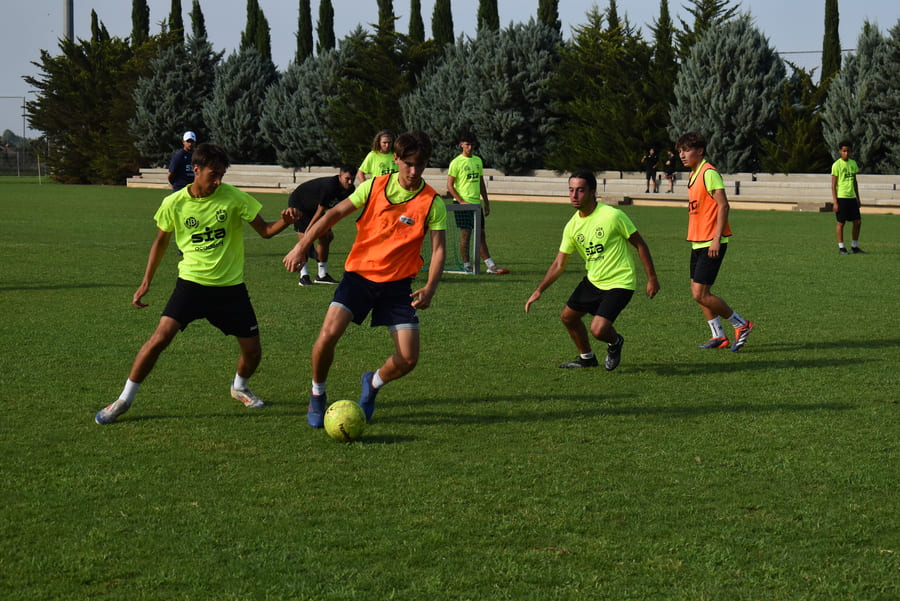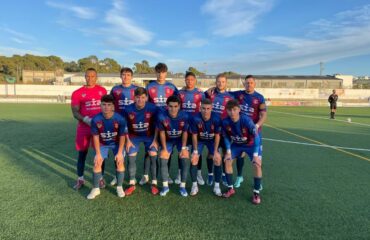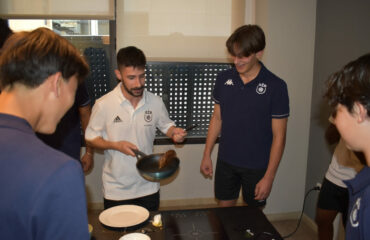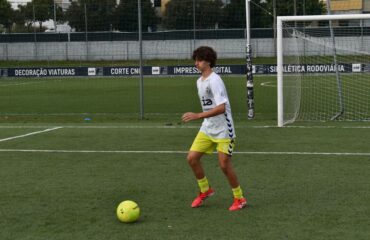Confidence is one of the fundamental pillars in the development of a footballer. No matter how technically gifted a player may be or how much physical talent they possess, without self-belief they will hardly be able to unleash their full potential. At SIA Academy, integral training is not limited to technique and tactics, but also includes strengthening the mind as an essential part of the process.
Table of contents
Confidence as the foundation of the game
In modern football, every action is conditioned by the player’s mentality. A risky pass, a shot on goal, or a defensive cover require not only technical ability, but also the firm belief that they can be executed successfully. Footballers who train their self-confidence make faster decisions, show greater creativity, and handle pressure in important matches more effectively.
José Luis, sports psychologist at the academy, explains it clearly: “A confident footballer does not hesitate under pressure. Confidence allows them to turn nerves into positive energy to compete.”
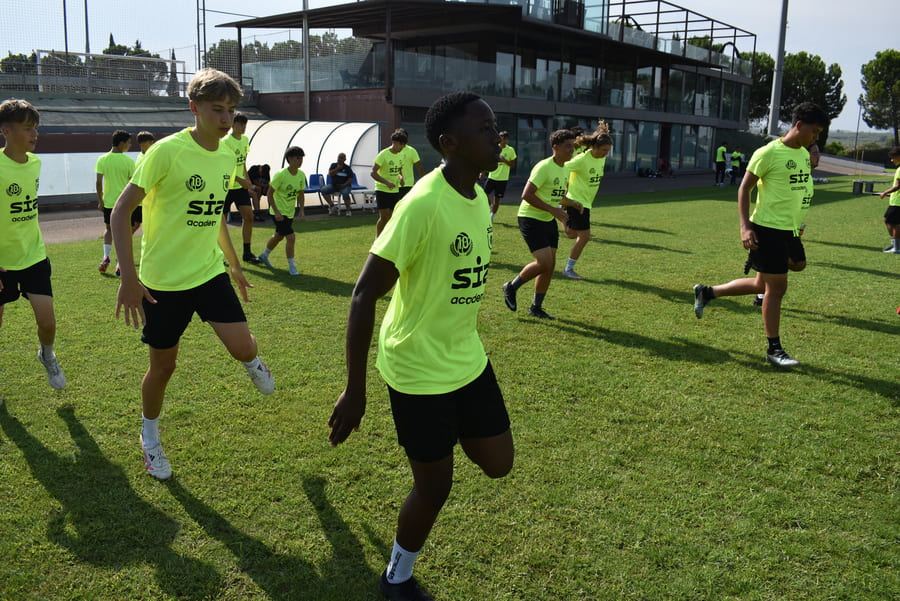
Psychological strategies to boost self-belief
Mental preparation is trained with the same rigor as physical preparation. At SIA Academy, several strategies are used to help players build confidence on the field:
- Guided visualization: players practice imagining successful actions, such as a precise pass or an effective dribble. This exercise trains the brain to replicate those movements in the real match.
- Progressive goals: instead of focusing only on long-term objectives, coaches and psychologists divide progress into small steps. Reaching each goal generates satisfaction and reinforces self-confidence.
- Positive self-talk: replacing thoughts like “I’m going to miss” with phrases such as “I know I can do it” creates a real change in the player’s attitude.
- Training under pressure: simulating match contexts with opponents, crowd noise, or a ticking clock teaches the player to react with confidence even in tense scenarios.
The role of mistakes in building confidence
One of the biggest enemies of self-confidence is the fear of making mistakes. However, mistakes are a natural part of learning. At SIA Academy a growth culture is encouraged where mistakes are not punished, but analyzed to extract lessons.
José Luis sums it up this way: “The player who allows himself to fail and learn is the one who progresses the most. This doesn’t mean never making mistakes, but knowing you have the ability to get back up afterwards.”
In this way, every mistake becomes a push towards improvement rather than an obstacle that paralyzes the footballer.
The importance of physical and tactical preparation
Although confidence has a psychological component, it is also nourished by physical and tactical preparation. A player who knows they are in shape, who has trained endurance and strength properly, enters the match with greater assurance. Similarly, understanding tactical movements and mastering game schemes reduces uncertainty and increases confidence in execution.
In this sense, the methodology of SIA Academy integrates technical, tactical, and psychological training in a balanced way. The mind is built as a natural consequence of being prepared on all fronts.
The environment as a generator of security
The environment in which a footballer develops is key. Support from teammates, coaches, and family significantly contributes to the player feeling valued and capable. At SIA Academy, group cohesion is highly emphasized, because individual confidence is boosted in a team that respects and supports each other.
International coexistence also plays a fundamental role. By sharing experiences with young people from different cultures, footballers learn to overcome barriers and gain confidence not only on the field, but also in everyday life.
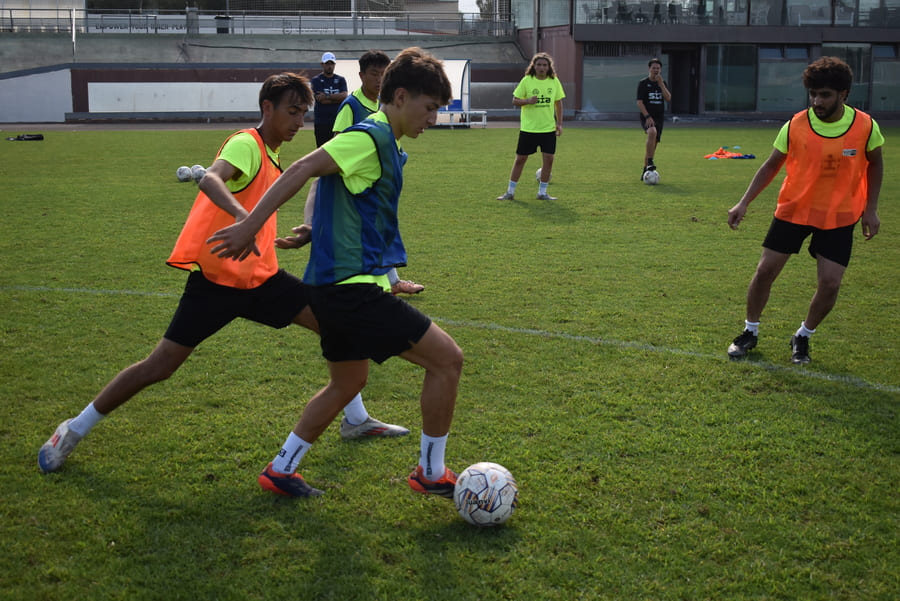
How parents can reinforce mentality
In youth categories, parents are key players in building self-assurance. Avoiding excessive criticism, reinforcing effort more than results, and showing unconditional support are essential so the player feels secure in themselves.
SIA Academy organizes workshops for families to help them understand the importance of positive support in their children’s sporting careers.
Confidence as the engine of the future
In short, confidence is not an innate trait, but a skill that can be trained. Every session, every match, and every interaction at the academy are opportunities to strengthen self-belief.
The path toward professionalism is not free of challenges, but players who learn to trust in their talent, their preparation, and their ability to overcome obstacles are one step closer to achieving their dreams.
In the words of José Luis: “The footballer who trusts in himself dares to show his true potential. And in that daring lies the difference between a good player and an exceptional one.”



